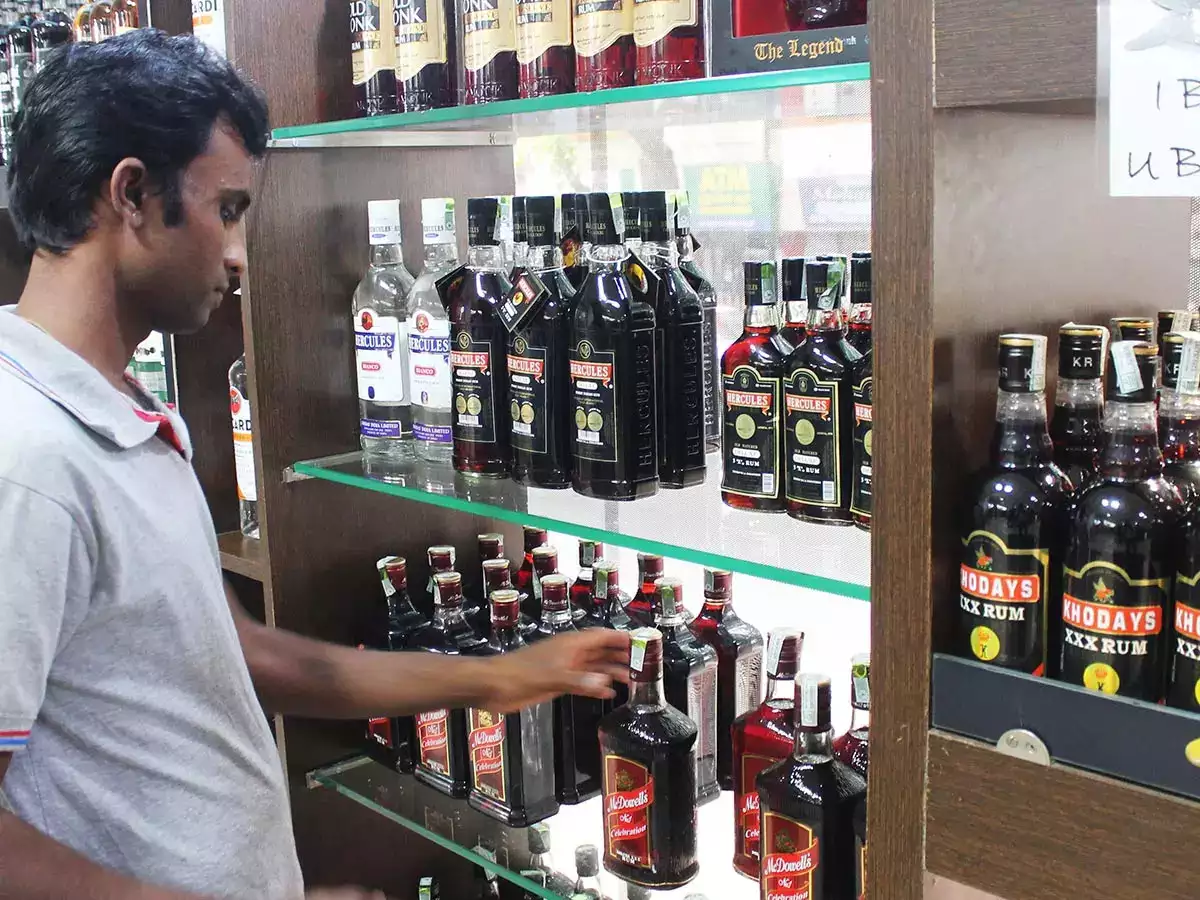Liquor Sales in UP: Uttar Pradesh liquor trade continues to be one of the most profitable businesses, with uninterrupted investment against record-high government excise duties. Shop owners enjoy good margins of profit due to uninterrupted demand, with it being a guarantee of profits. Although alcohol prices are determined by taxation, popularity of brand, and locality, shopkeepers still earn good profits on each sold bottle.
Profit Margins on Sale of Liquor
The owners of liquor shops in Uttar Pradesh receive a 20% to 25% commission per bottle based on the quality and brand. There can be different margins for foreign and premium brands, but with huge sales volumes, it guarantees profitability. Strategically located shops and highly demanded goods result in higher revenues, making the business run smoothly by the owners of liquor shops despite volatile costs.
Government Revenue and Tax Contribution
The liquor industry is a major revenue earner for Uttar Pradesh. The state gets approximately 66% excise duty on alcohol sales, which is one of the largest sources of government revenue. Actually, 22% of Uttar Pradesh’s overall revenue comes from liquor taxation. Even with heavy taxation, the business is lucrative, as indicated by liquor shop license renewal rates—92.5% of Lucknow district’s shops alone renewed their licenses, indicating the faith of traders in this business.
How Liquor Shops Are Distributed in Uttar Pradesh
Liquor shop permits in Uttar Pradesh are allocated by an online lottery system to ensure transparency. Owners need a retail liquor license (theka) to operate legally. The company hinges on a number of factors including location, competition, and line of merchandise. Liquor shops that are situated in central locations with more consumer traffic typically tend to bring greater profitability in terms of greater sales volume.
Other Aspects of the Liquor Business
In addition to straight profits from liquor sales, owners of shops focus on other means of boosting profits:
- Knowing What the Customer Wants – Maintaining top-selling and in-demand liquor brands.
- Managing Stock – Having a good range of liquor available to suit the tastes of each customer.
- Advertising and Promotion – Use advertising and customer loyalty tactics to boost sales.
- Compliance with Regulations – Meeting state legislation and tax rules to prevent legal complications.
Problems Encountered by Liquor Sellers
With profitability, liquor sales in Uttar Pradesh have their share of problems. Seasonality affects sales because of religious festivals or state bans. Competition from illicit sale of liquor also affects revenues earned from the business. Security is a cause for concern and investment has to be made in surveillance to counter thefts and safe storage of stock. Overcoming them is necessary in making it sustainable in the long run in the liquor business.
